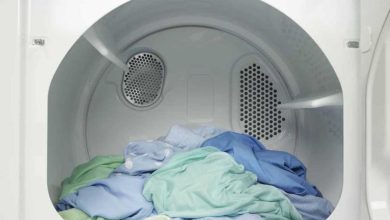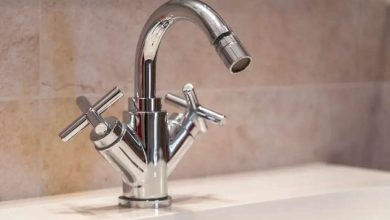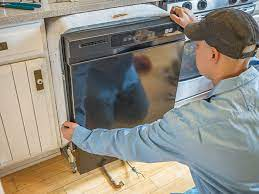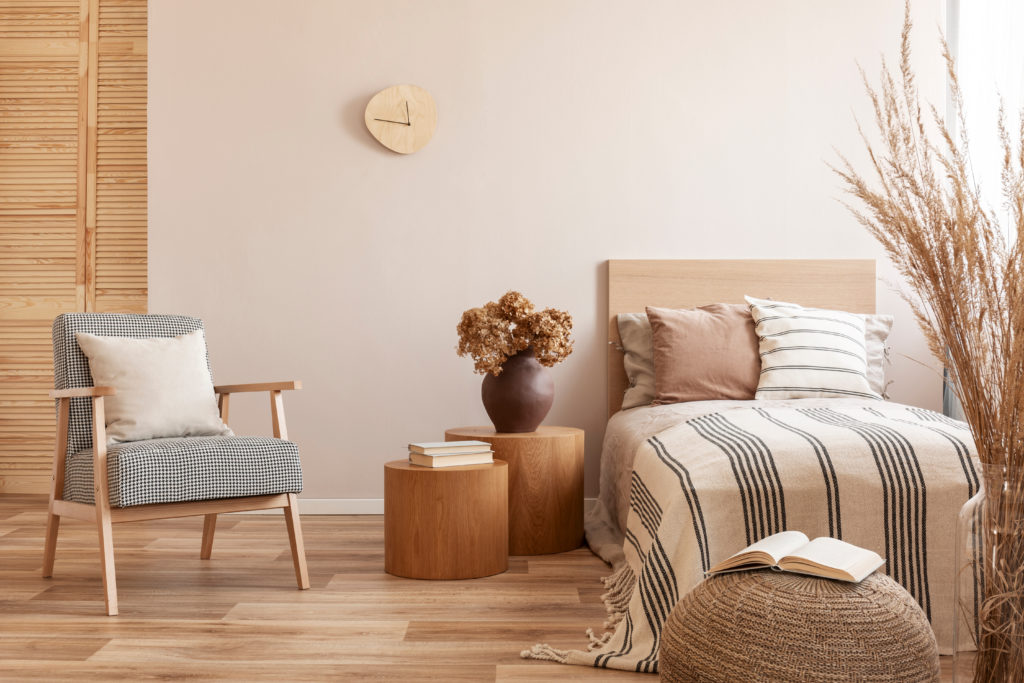
In exploring buying a house or flat, you may have noticed on estate agent listings that some properties are listed as freehold and some as leasehold. This article will explain the key differences between the two and outline any issues or problems that may arise if you are unaware of what the terms mean.
Buying a freehold property
If a property is referred to as freehold, it means that when you purchase it, you will own the property and the land it sits on completely. The vast majority of houses in the UK are freehold (although it is best to double-check when purchasing) and there will be no maintenance charges. You will also be solely responsible for the upkeep of the property. For freehold conveyancing quotes, firms such as Sam Conveyancing can offer you help, advice and indicative costs.
Buying a leasehold property
If you are thinking of buying a property listed as leasehold, this means that you will only be able to own it for the remaining term of the lease. When the lease reaches its expiry date, the ownership of the house and the land it occupies will revert back to the freeholder or owner. Leases are usually set to last between 99 to 125 years but they can last as long as 999 years.
A lease that runs for 999 years is not usually a problem as it can be seen as effectively the same as a freehold. However, purchasing a property with a short lease can be problematic. When you come to sell a leasehold home, it is best to have more than 80 years left on the lease, otherwise, it may be difficult to sell the property. The shorter the lease, the more difficult it will be to sell your home at its full value as a buyer may not want to take on the problems and costs that the renewal of a short lease may present.
What is different about leasehold properties?
The large majority of flats are leasehold properties but some shared ownership homes can fall into this category too. When you buy a leasehold flat, you won’t own the actual building itself, nor any of the communal parts of the building such as hallways or stairs. Historically, the owners of the freehold would charge leaseholders for repairs and maintenance of the building in the form of ground rent.
New government legislation that came into force in June 2022 has resulted in ground rent being abolished on new residential leases and will also put a stop to ground rent rises on older leasehold properties. However, Freeholders are also able to specify certain restrictions on the property such as whether you are allowed pets or how many changes you are allowed to make to the flat.
Can you extend a lease?
When you are looking to sell a leasehold property, make sure you check how long the lease has left to run. If the lease has less than 80 years left and you have owned the property for more than two years, you have the right to extend the lease, usually up to 90 more years. If your lease needs extending, it is best to act upon it quickly as the shorter the term left, the more expensive it could be.






